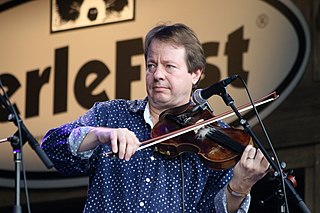A Quote by Hilary Kornblith
By putting the first-person point of view in a naturalistic perspective, I believe that we may genuinely come to understand it for the first time.
Related Quotes
In my view, philosophers have shown a great deal more respect for the first-person point of view than it deserves. There's a lot of empirical work on the various psychological mechanisms by way of which the first-person point of view is produced, and, when we understand this, I believe, we can stop romanticising and mythologising the first-person perspective.
In literary representation, the distinction between the genuinely erotic and the licentious is a distinction not of subject-matter, but of perspective. The genuinely erotic work is one which invites the reader to re-create in imagination the first-person point of view of someone party to an erotic encounter. The pornographic work retains as a rule the third-person perspective of the voyeuristic observer.
There has certainly been a great deal of work addressing the relationship between naturalism and the first-person perspective. Quite a number of philosophers have suggested that there are features of the first-person perspective that naturalism just cannot accommodate, whether it be qualitative character, or consciousness, or simply the ability we have to think of ourselves in a distinctively first-person manner.
If you give a man the correct information for seven years, he may believe the incorrect information on the first day of the eighth year when it is necessary, from your point of view, that he should do so. Your first job is to build credibility and the authenticity of your propaganda, and persuade the enemy to trust you although you are his enemy.
I think it is now time for social scientists to step out of the shadow and to establish an advanced social sciences methodology that integrates science (third-person view) social transformation (second-person view) and the evolution of self (first-person view) into a coherent framework of consciousness-based action research
My one and only piece of relevant evidence [for an Aristotelian God] is the apparent impossibility of providing a naturalistic theory of the origin from DNA of the first reproducing species ... [In fact] the only reason which I have for beginning to think of believing in a First Cause god is the impossibility of providing a naturalistic account of the origin of the first reproducing organisms.
With repeated listenings, a piece eventually becomes its own being. I very often say to students that this is like meeting a person for the first time. When you first meet someone, you reference that person with others who are similar; but, as you get to know that person better, you begin to understand his unique qualities.
Intellectually, perspective [drawing] is a breakthrough, because here, for the first time, the physical space we live in is being depicted as ifit were an abstract, mathematical space. A less obvious innovation due to perspective is that here, for the first time, people are actually drawing pictures of infinities.































